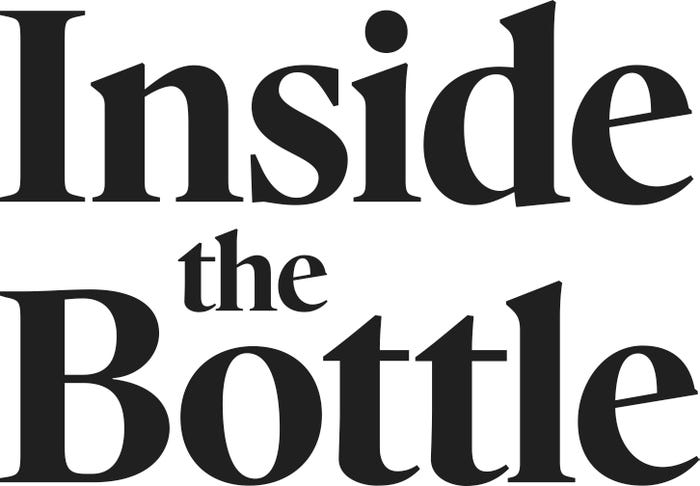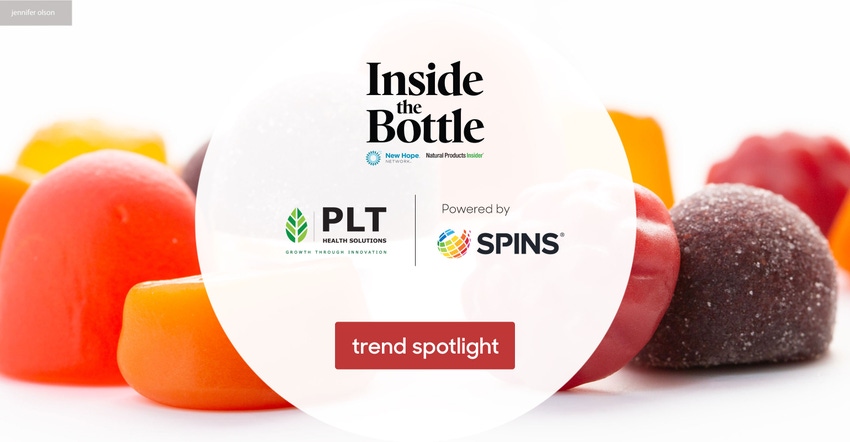
Companies from across the supplement supply chain advocate for a transparent industry and empower consumers to take control of their health. We tell the supplement industry’s story through content, research and education-based events.
Cardiovascular health supplements can be described in just the terms you would like your cardiologist to describe your EKG: “solid, but not exciting,” according to Nutrition Business Journal analysts.
March 1, 2023

Sponsored by Inside the Bottle
In 2021, sales in the $43.24 billion category grew 4.1%, down from 6.3% growth in 2020, according to the Nutrition Business JournalCondition Specific Report 2022. In the 52 weeks ending January 29, 2023, sales of supplements with a cardiovascular health focus in natural enhanced and conventional markets reached $720,857,013, down by 0.4%, according to SPINS. In that same time frame, sales of heart and circulation supplement formulas reached $163,782,690, a year-over-year drop of 11.15%. Do not let those reductions raise your heart rate. Though overall supplement market’s course has corrected after the pandemic spike, numbers are still rising beyond pre-pandemic sales. The heart health supplement market has seen healthy growth since 2017 and looks like it will continue to grow steadily, thanks perhaps to growing consumer awareness of the benefits of maintaining healthy cardiovascular health and wellness through life stages.
Holy Trinity of Heart Health
After a pandemic slowdown, consumers resurrected sales of fish and krill oil, coQ10 and B vitamins in 2021. Fish and krill oil saw a 10.5% swing, moving from an 8.1% decline to a gain of 2.4%. CoQ10 went from a 1.9% decline to 5.6 growth. The comeback in B vitamins was also dramatic, pivoting from a 4.7% drop to a 1.2% advance, according to the Nutrition Business JournalCondition Specific Report 2022. Though numbers are down year-over-year, sales of B and coQ10 remain strong. In the 52 weeks ending January 29, 2023, CoQ10 sales within heart and circulation supplements reached $109,776,990, down by 16%, according to SPINS. B-12 sales jumped by 523% in that time period to reach $1,298,497. Within supplements with a cardiovascular health focus, sales of essential fatty acids reached $197,427,894 ($187,491,917 from marine essential fatty acids, $9,935,976 from plant-based essential fatty acids) in that time period, down 3.4% year-over-year, according to SPINS.
“Other” potential
While fish oil, coQ10 and B vitamins are top sellers, the “other ingredients” category within heart health makes up nearly 44% of the segment’s sales. “Those ingredients are where the action can happen,” according to the Nutrition Business JournalCondition Specific Report 2022. In 2020, when heart disease loomed as a COVID comorbidity, sales in the “others” grouping shot up 19.4%.
“Heart health is a pretty complicated category,” says NBJ Senior Industry Analyst Claire Morton. “There’s just a lot of ingredients happening and a couple that we hear the most about right now, K2 and nitric oxide, are small enough that they’re in what I like to call that long tail.” That’s where there’s ��“definitely opportunity for something to just really jump out completely,” she says. The two most likely candidates? K2 and nitric oxide.
A mounting body of evidence is pointing to the importance of Vitamin K in supporting cardiovascular health. A 3-year, randomized, double-blind, placebo-controlled study of healthy post-menopausal women found that three years of supplementation with the Vitamin K2 material supported healthy blood vessel elasticity.
DTC sale still growing
The combined direct-to-consumer channel, which includes the mammoth e-commerce sites, passed natural and specialty stores in heart health market share in 2020—and the advance in 2021 is still impressive, say NBJ analysts. DTC now makes up for 41.4% of the heart health market share. “A big piece of that is the practitioner space,” adds Morton.
Format diversification
Consumer’s choice of format has been changing. While softgels, with $120,578,852 in sales in the 52 weeks ending January 29, 2023, remain the top choice, year-over-year sales dropped by 9.2% while sales of tablets grew by 45% to reach $10,216,216, according to SPINS. In supplements with a cardiovascular health focus, softgels lead sales with $404,693,873 in sales, down nearly 5%, in the 52 weeks ending January 29, 2023 and powders grew by 9% to reach $177,565,769. In the same time period, RTD liquid sales grew by 67.7 %, and sprays by 32%.
Long COVID opportunities
Chest pains and palpitations have emerged as symptoms in some Long COVID patients. And, a massive study published in the journal Nature shows a long-term, substantial rise in risk of cardiovascular disease, including heart attack and stroke, after a SARS-CoV-2 infection. That risk was elevated even for those who were under 65 years of age and lacked other risk factors, such as obesity or diabetes.
Long COVID cardiac support could be an opportunity for supplement sales, especially since conventional medicine is offering so few answers. “Supplements undoubtedly have a part to play, if they play with the right claims language,” according to the Nutrition Business JournalCondition Specific Report 2022.
Read more about:
Sponsored ContentYou May Also Like